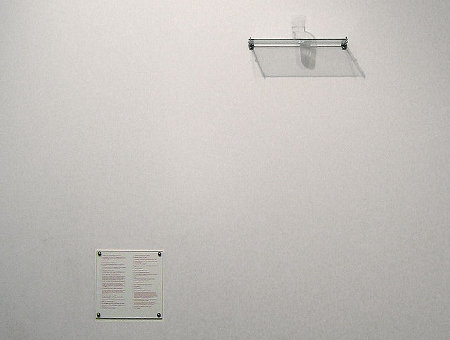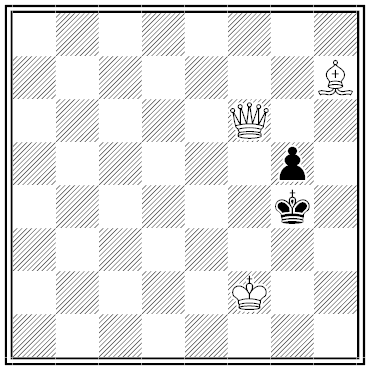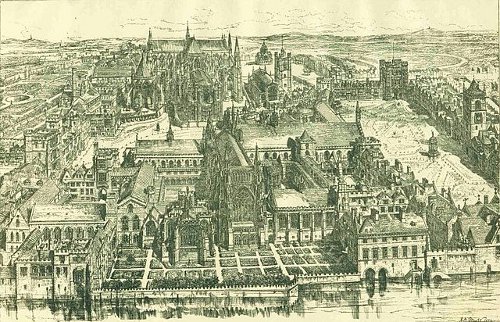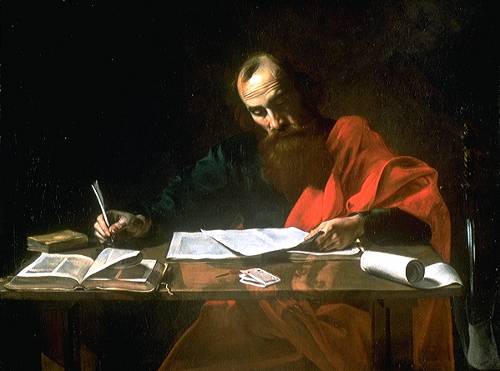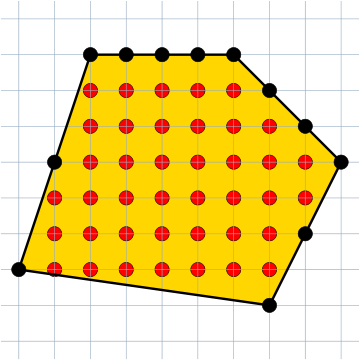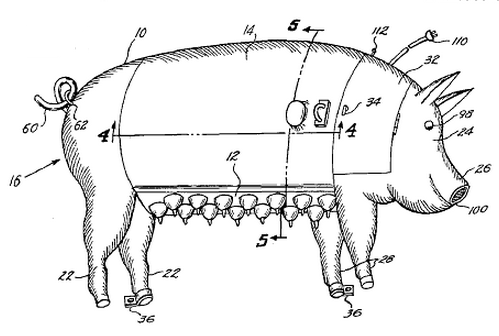A Gentleman ought not to run or walk too fast in the Streets, lest he be suspected to be going [delivering] a Message; nor ought his pace to be too slow; nor must he take large Steps, nor too stiff and stately, nor lift his Legs too high, nor stamp hard on the Ground; neither must he swing his Arms backward and forward, nor must he carry his knees too close, nor must he go wagging his Breech, nor with his feet in a straight Line, but with the Inside of his Feet a little out; nor with his Eyes looking down, nor too much elevated, nor looking hither and thither, but with a sedate Countenance.
— Adam Petrie, Rules of Good Deportment, 1720

